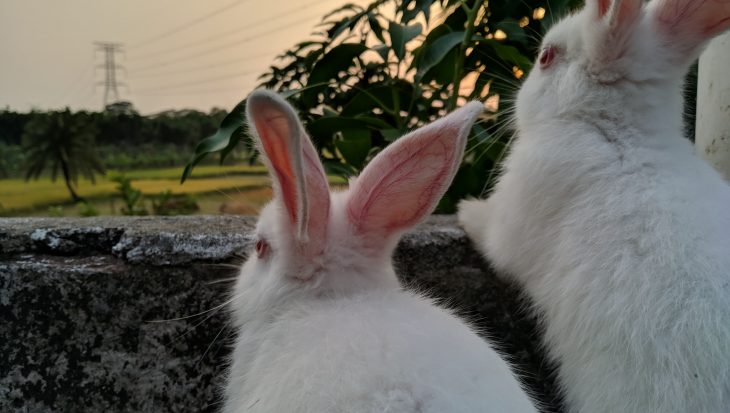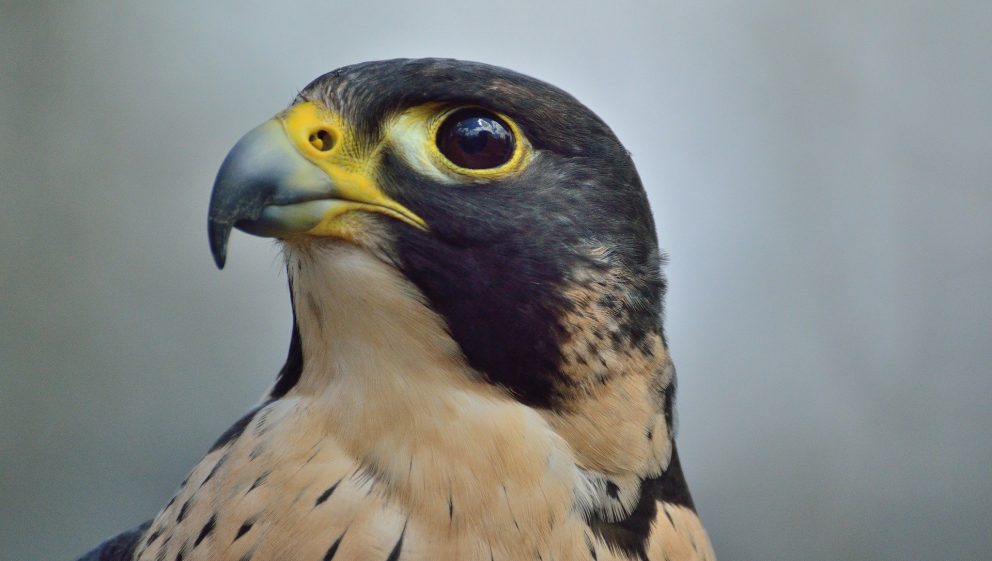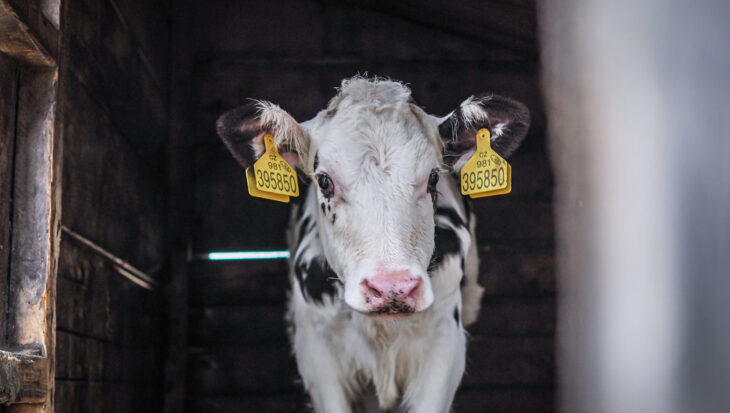On 16th April, Natural England posted a blog announcing, and attempting to justify, that they have issued licences to take peregrine falcon chicks from their nest, for use in falconry.
Taking a chick from their nest and natural habitat to be used in needless breeding programmes is deeply unethical, and this decision must be reversed. Peregrine falcons have seen an increase in their numbers in recent decades, so these breeding programmes are in no way beneficial to the species, but only humans involved in falconry.
In their blog post, Natural England attempt to dignify this taking of chicks from their natural habitats, by calling falconry ‘an ancient tradition’. This is a similar justification given by others for brutal blood-sports such as bullfighting and fox hunting, and should not be a valid excuse for any form of animal exploitation.


